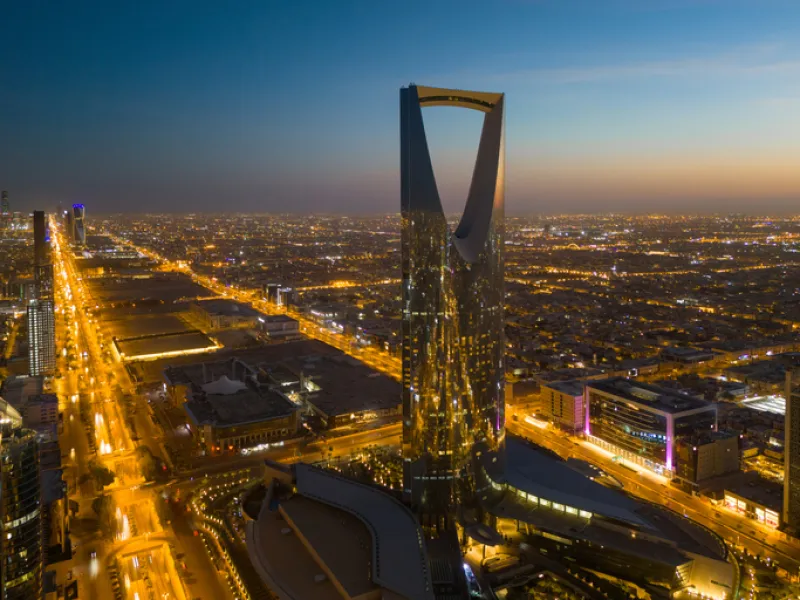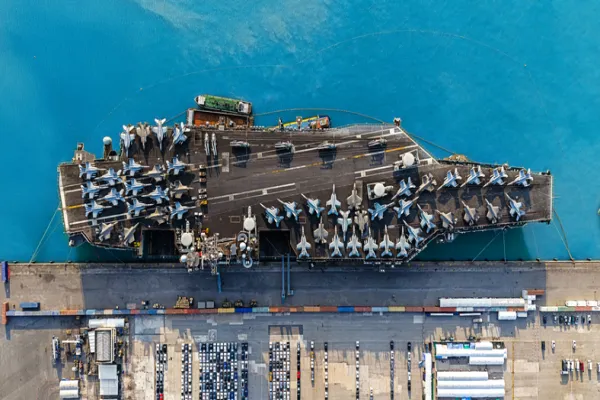Family offices in the Gulf Cooperation Council (GCC) are evolving in ways that set them apart from their Western counterparts. In the U.S., self-made billionaires as well as descendants of prominent families have family offices, creating a broad mix of wealth sources. In the GCC, however, most originate from ruling families whose fortunes surged in the 20th century.
Sovereign wealth funds like Saudi Arabia’s Public Investment Fund (PIF) and Qatar Investment Authority (QIA) manage vast pools of capital for these dynasties. But a new trend is emerging: younger generations and less prominent members of these ruling families are creating their own single-family offices.
As these families expand—sometimes dramatically, like the ruling family of Qatar, the Al Thani family—their wealth splinters into multiple offices, creating a new layer of complexity. This contrasts with Western models such as the Rockefeller family, which has maintained a single office since 1882 that later evolved into a multifamily platform.
Tamasuk Al Rajhi is one example. Founded by a younger branch of the Al Rajhi family—one of Saudi Arabia’s most prominent business dynasties—the office is led by a chairman in his 30s and aims to break from tradition. The office was set up by Abdulaziz and Saud Al Rahji, two of the sons of Sheikh Saleh Abdulaziz Al Rajhi, a founder of Alrahji Bank.
Tamasuk aspires to an institutional model that invests across private markets, equities, and other areas, instead of focusing on real estate and income-generating assets.
Abdulaziz Saleh Al Rajhi, the office’s chairman, said: “Tamasuk Al Rajhi embodies our family’s values of integrity, foresight, long-term value creation through a focused and disciplined approach. We created this family office from scratch just before COVID and it has become institutionally sophisticated in its approach within a relatively short span of time.”
The office has strong governance but avoids rigid mandates that limit flexibility. Unlike older family offices that might decline direct deals due to policy, Tamasuk embraces opportunities across asset classes. This setup also gives the family office agility and the ability to execute transactions at speed.
Increasing numbers of Westerners with experience in U.S. and U.K. family offices and asset managers are moving to cities like Dubai or Doha. In addition, many family offices themselves are relocating to the region to avoid stringent tax regimes in their own countries. And as the region develops, education is improving too.
This means that there is a greater talent pool in the region, which has led young family offices to make strategic hires who can help them institutionalize.
Waleed Hussain, head of investments, is one such example. Hussain spent six years at MASIC, which was a single-family office in Saudi Arabia, helping transform it into a full-fledged investment company during that time alongside CEO Mohammad Shahid Motan.
“We began investing locally and regionally but have also started investing internationally with established managers,” he said.
Across the board, the next generation of ruling families are looking to set up their own family offices, which will mean large groups of investors that move faster and operate very differently from the family offices of previous generations.
Similar to the U.S. and U.K., an entire ecosystem is forming around these family offices, including services companies, investment banks, and consultants.
For example, UBS opened an advisory office in Abu Dhabi in October, citing that the city has rapidly become a preferred destination for UHNW individuals, sovereign wealth funds, and family offices seeking sophisticated financial solutions and trusted advisory services.
“We’re seeing a lot of interest in the United Arab Emirates as a financial center from family offices and ultra-rich clients,” said Charles Otton, head of global family and institutional wealth Americas at UBS. “Expanding our footprint there enhances our ability to connect capital with opportunities for the growing number of sophisticated family offices in the region and globally.”
But this new pool of young, institutionalized family investors is more than just a modernization, it is a new class of investor entirely. So as the descendants of the ruling families continue to expand, and more family offices built from that wealth start to grow in number and stature, it is very likely that there will be a new force in global capital.







